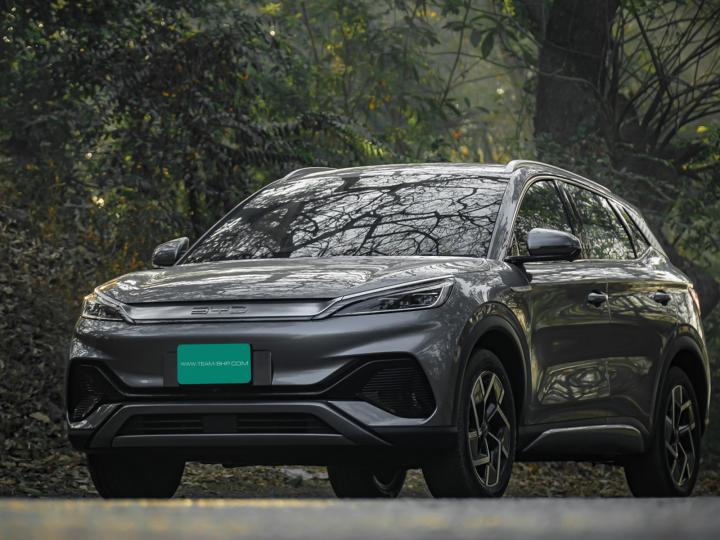News
Electric Cars more prone to rodent attacks than regular ICE cars?
Now on one of the social media platform I saw a post that in one instance rats chewed through BYD battery pack and damaged it.
BHPian rkv_hunter recently shared this with other enthusiasts.
I am considering buying an electric car as my next car, specifically the BYD Atto 3.
Now on one of the social media platform I saw a post that in one instance rats chewed through BYD battery pack and damaged it.
So I decided to research and found similar instances of rats chewing and damaging critical components of EV cars although not many.
One of the articles mentioned that EV battery has a warm temperature while charging overnight and may be a great attraction at that temperature for rodents to make their nests.
Now the difference between an ICE and EV car can be that in ICE apart from ignition wires which once rat chewed in my old Polo. Other wires are really not a critical component of drivetrain. In EV some of the wires may be connecting the battery to the motor etc.
Also a running ICE vehicle gets really hot under the hood and any rat or rodent will not stay there in a running car but EV doesn’t get heated I guess. So is there a chance of rodents damaging and making nests in EV spaces within the car given how common are rodents in our country.
Some expert views on access and protection on such things will help.
Here's what GTO had to add to this matter:
Rodents can destroy your car, whether ICE or EV or Hybrid or anything. Stick to the best practices of protecting your car, and even then, remember that it is an ongoing battle with rats. What works for me = parking in a clean place (no trash or food around), AutoShine spray, VarnaSuraksha rat repellent (only in the BMW & Superb) and periodic rat poison.
Be sure to take insurance coverage for rat damage.
Rest, enjoy the drive & worry less.
Meanwhile, here's what BHPian electric_eel replied:
Yeah this is one of the biggest concern that I have when it comes to cars in general. They are fertile places for rodents to make a den. And that makes it also an attraction for snakes. From what I gather from taxi drivers and other professional drivers, it is not an easy problem to solve and one needs to be very careful particularly if one leaves the car for too long.
Check out BHPian comments for more insights and information.




.jpg)














